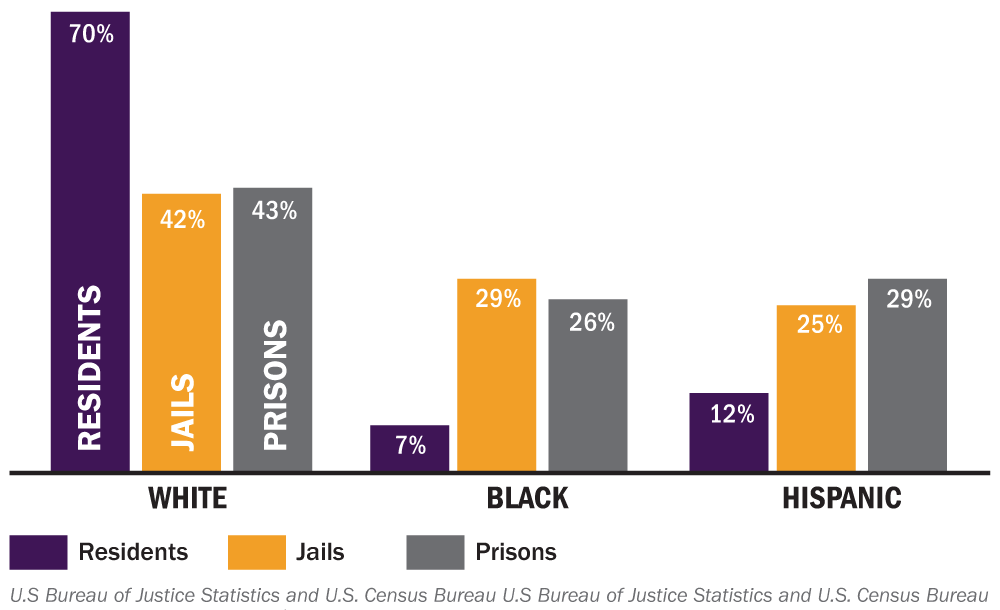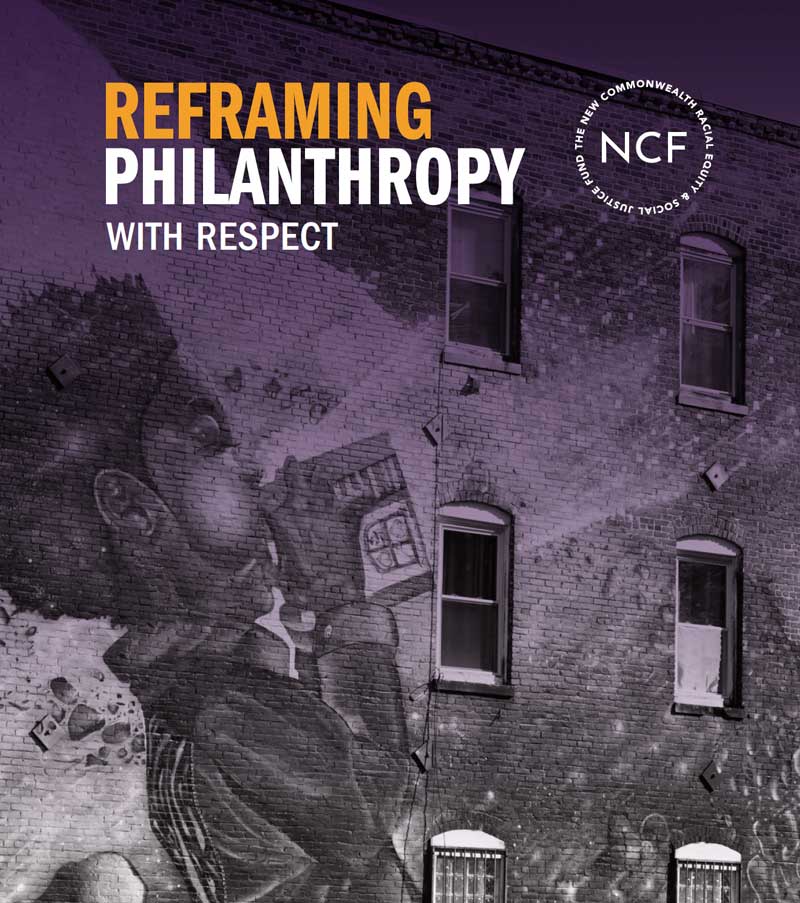Since inception, the New Commonwealth Fund has made upwards of 400 grants and partnered with more than 200 organizations across Massachusetts.
GRANTMAKING
In our first 4 years we invested over $13M into our 5 pillars.
Read more about how NCF is reframing philanthropy.
Making An Impact
We aspire to a world that listens to those who are the most proximate to solutions and allows them to lead the collective movement toward repair. NCF is committed to reshaping the philanthropic sector to ensure that funding supports a full spectrum of leadership and expertise.
Case Study: Health Equity
The Reality
Our Response
IMPACT: “NCF is more than a funder of Neighborhood Birth Center, they are true partners in the work to advance reproductive justice. Together, we have ideated, experimented, and conjured community-first strategies. NCF is changing the relationship between “funder” and “grantee” by sharing power and investing in a return to community midwifery.”
– Nashira Baril, Executive Director, Neighborhood Birth Center
In the first 5 years, we project that over 800 babies will be born in Neighborhood Birth Center. And over 3,000 people will access NBC’s expert prenatal care, gynecology and family planning care.
Case Study: Criminal Justice Reform
The Reality
Comparing Massachusetts’ Resident & Incarcerated Populations

Our Response
With more than $300,000 invested in Leon Smith and his leadership of Citizens for Juvenile Justice, NCF President Makeeba McCreary, along with Board of Director and retired NFL player Devin McCourty, co-authored testimony in September of 2023 to support the Raise the Age legislation
to include 18- to 20-year-olds in juvenile jurisdiction.
IMPACT: Since Massachusetts raised the age to include 17-year-olds in the juvenile system in 2013, juvenile crime has declined by 62% in the Commonwealth – outperforming national trends in property and violent crime reductions. The legislation currently under consideration would gradually raise the age of juvenile jurisdiction to incorporate 18, then 19, then 20-year-old youth over a five year period.


